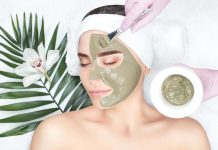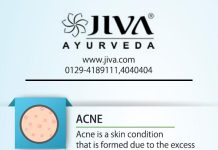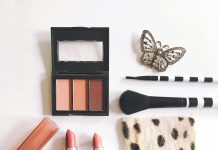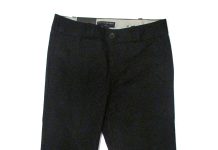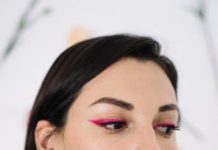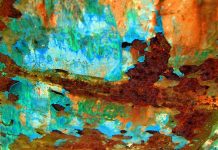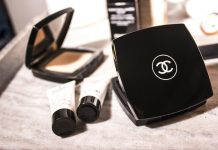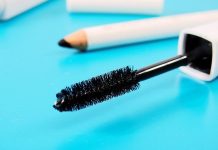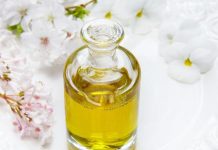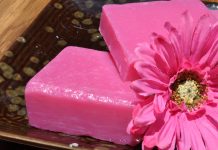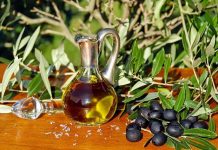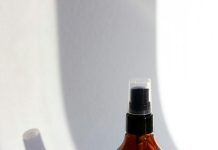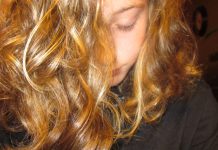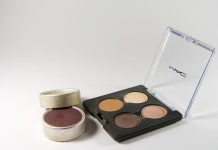Imagine this: you’re dressed to impress, confidence radiating from every pore, ready to conquer the day. But as you glance in the mirror for a final check, your eyes zero in on those tiny, unwelcome white flakes dusting your shoulders. Dandruff, the pesky intruder, has made an appearance. For many, this scenario is all too familiar. But fret not, for every problem has a solution. In this article, we delve into the best tips for preventing and treating dandruff, transforming those frustrating flakes into a distant memory. Whether you’re seeking to understand the root causes or eager to explore effective remedies, we’ve got you covered. Say goodbye to dandruff and hello to a flake-free, confident you!
Understanding Dandruff: Causes and Common Triggers

Dandruff, those pesky white flakes, can be a source of embarrassment and discomfort. Understanding its root causes can be the first step toward effective treatment. At its core, dandruff is often the result of an overgrowth of a yeast-like fungus called Malassezia. This microorganism thrives on the oils of the scalp, leading to an accelerated turnover of skin cells. Other factors that contribute to dandruff include:
- Dry Skin: One of the most common causes, especially in colder climates.
- Oily Skin: An excess of oil can also create an environment conducive to dandruff.
- Improper Hair Care: Infrequent shampooing can lead to a buildup of oils and dead skin.
- Stress: High levels of stress can exacerbate skin conditions, including dandruff.
- Diet: A lack of certain nutrients, such as zinc or B vitamins, may also play a role.
Identifying these triggers can help you tailor your approach to dandruff management, ensuring a healthier scalp and more confident you.
Daily Hair Care Practices to Keep Dandruff at Bay
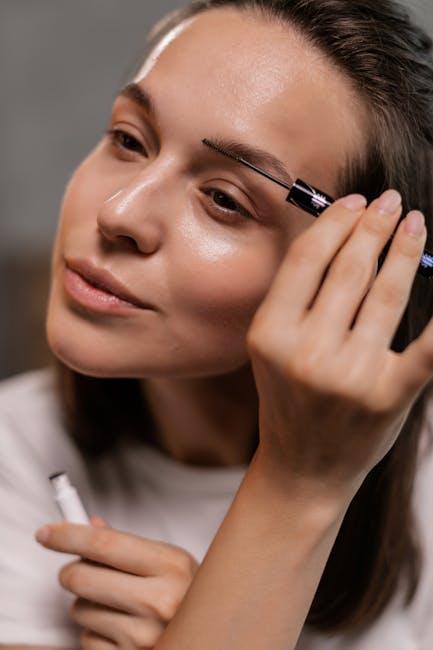
Maintaining a healthy scalp is essential in combating dandruff, and daily hair care routines play a pivotal role. Start by using a gentle, anti-dandruff shampoo that suits your hair type. It’s crucial to avoid harsh chemicals and over-washing, as these can strip the scalp of its natural oils, leading to dryness and flakiness.
Incorporate the following practices into your routine for optimal results:
- Massage your scalp while shampooing to improve blood circulation and help in the removal of dead skin cells.
- Rinse thoroughly to ensure no residue is left behind, which can aggravate dandruff.
- Dry your hair properly before styling to prevent fungal growth, a common cause of dandruff.
- Use natural oils like tea tree or coconut oil to moisturize your scalp and keep it hydrated.
- Avoid using too much heat on your hair; opt for air drying or using a blow dryer on a cool setting.
Effective Over-the-Counter Solutions and Treatments
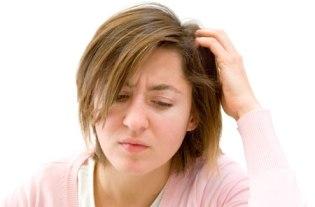
When battling dandruff, over-the-counter solutions can be highly effective. Here are some treatments that can help you keep those pesky flakes at bay:
- Anti-Dandruff Shampoos: Look for shampoos containing active ingredients like zinc pyrithione, ketoconazole, selenium sulfide, or salicylic acid. These components work by reducing the fungus and bacteria on your scalp, thereby alleviating flaking and itching.
- Tea Tree Oil: Known for its antifungal and antibacterial properties, tea tree oil can be a natural alternative. You can find it in various shampoos or add a few drops to your regular shampoo.
- Coal Tar Shampoos: These shampoos help slow down the rate at which your skin cells die and flake off. While effective, they can have a strong odor and may stain light-colored hair.
- Scalp Exfoliants: Just like your face, your scalp can benefit from exfoliation. Products containing salicylic acid can help remove dead skin cells and reduce buildup.
Integrating these treatments into your routine can significantly diminish dandruff and improve scalp health. Consistency is key, so ensure you follow the instructions and use the products regularly for the best results.
Home Remedies and Natural Alternatives for Dandruff Control

Dandruff can be a pesky problem, but there are numerous home remedies and natural alternatives that can help manage and even eliminate it. Many of these solutions are easily accessible and gentle on the scalp, making them a great first line of defense against those annoying flakes. Here are some effective options you can try:
- Coconut Oil: Known for its moisturizing properties, coconut oil can help reduce dryness and flakiness. Massage a few tablespoons into your scalp, leave it on for about 30 minutes, and then wash it out with a gentle shampoo.
- Apple Cider Vinegar: This natural remedy helps balance the pH of your scalp, which can prevent the growth of yeast—a common cause of dandruff. Mix equal parts apple cider vinegar and water, apply to your scalp, and leave it on for 15 minutes before rinsing.
- Tea Tree Oil: With its antifungal and antibacterial properties, tea tree oil is a powerful solution for dandruff. Add a few drops to your regular shampoo or dilute with a carrier oil and apply directly to your scalp.
- Aloe Vera: This soothing plant extract can reduce scalp irritation and inflammation. Apply pure aloe vera gel directly to your scalp, let it sit for 20-30 minutes, and then rinse it out.
- Lemon Juice: The acidity of lemon juice can help break down the fungus that causes dandruff. Apply freshly squeezed lemon juice to your scalp, leave it on for 5-10 minutes, and then wash your hair with a mild shampoo.
Incorporating these natural remedies into your hair care routine can significantly reduce dandruff and promote a healthier scalp. Remember, consistency is key to seeing lasting results.

